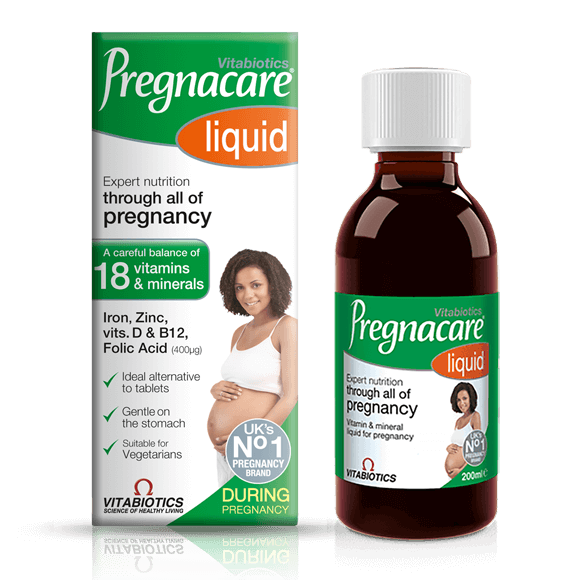It's Important To Eat A Balanced Diet When You're Pregnant, To Support Your Own Health And That Of Your Developing Baby. Here's Our Guide To What You Should Be Filling Your Plate With...
Few times of life are more exciting than pregnancy. However, it’s also a time when you need to get a good balance of nutrients, vitamins and minerals for you and your baby.
Hopefully, you’ll be getting lots of fruit and vegetables already! But if you aren’t, it’s even more important to do so when you’re pregnant as they provide vitamins, mineral and fibre. Fibre can help digestion and can help prevent constipation.
It is recommended to eat at least five portions of fruit and vegetables each day, with a greater emphasis on veg than fruit. Frozen, tinned and dried fruit and vegetables could all help you towards this target, but the varieties with no added fruit or sugar are most ideal. That means it’s best to limit the juices and smoothies you consume, given their high sugar content.
Leafy green vegetables are also a potential dietary source of Folate, which is very important for the development of a healthy foetus. However, as it can be difficult to get the amount of Folate recommended for a healthy pregnancy from food alone. The UK Department of Health recommends women planning a baby should take a supplement containing 400µg of folic acid from the start of trying to conceive until the 12th week of pregnancy. This is the exact amount of folic acid contained in Pregnacare.
Carbohydrates
Carbs and starchy food like bread, potatoes and rice are an important source of energy, vitamins and fibre. Opt for wholemeal versions of pasta, rice and bread for extra fibre, and don't fry the potatoes too often – boiling and steaming are a healthier way to cook them!
Protein
Food like eggs, fish, nuts, pulses, beans and meat all provide protein. Try to eat one portion of these every day, and aim to eat two portions of fish a week, including oily fish like salmon, sardines or mackerel. Be careful that eggs and meats are cooked all the way through, to avoid salmonella and toxoplasmosis respectively.
Dairy
Dairy products like milk, cheese and yoghurt aren’t merely excellent sources of the calcium that is essential for your baby, but also contain high amounts of phosphorus, magnesium, zinc and various B vitamins. That’s why pregnant women should aim for two to three portions of dairy products a day.
Be sure to avoid any soft, mould-ripened cheeses such as camembert or brie, however, as well as blue-veined cheeses like Roquefort or gorgonzola. These types of cheese are made with mould and can harbour the listeria bacteria responsible for causing listeriosis.








Comments (0)